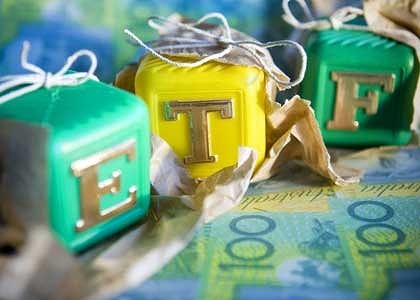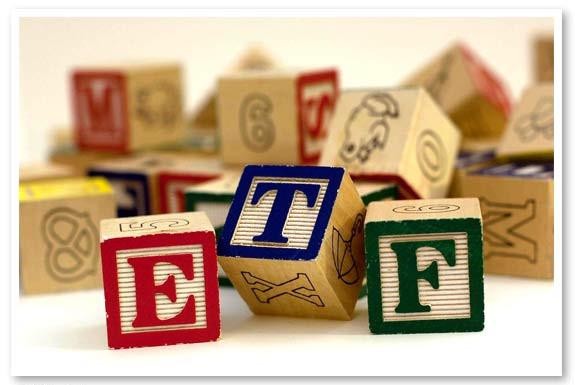What Are Exchange Traded Fund (ETFs) Should I Invest in ETFs
Post on: 16 Март, 2015 No Comment

E xchange traded funds (ETFs) are usually an index based investment that is designed to mimic the index and yield the same return on investment of that index. ETFs are similar to an equity and can be traded on the stock market just like a stock, offering you the opportunity to buy one share, representing multiple equities (you can almost look at it as buying one share of a mutual fund because one share of an ETF often represents multiple companies). This type of investment vehicle has continued to gain in popularity among investors with numbers growing faster in this area of investments than that of traditional funds. Here we look at the benefits as well as potential drawbacks of this type of investment.
Pros and Cons of Exchange Traded Funds (ETFs)
Benefits of exchange traded funds.
- Economical. ETFs are relatively inexpensive to buy and maintain compared to some other types of investment vehicles. Commissions are lower due to the fact that there is only one transaction per trade and the fees associated with ETFs are also lower than that of regular mutual funds.
- Tax friendly. As a general rule, capital gains are taxed lower for ETFs than capital gains from mutual funds. This is due to the structure of the actual trade. Where as mutual fund or index trades capital gains are taxed immediately, the individual capital gains from ETFs are not taxed until assets from the entire fund are sold.
- Easy to manage. ETFs do not require the aggressive management that other funds may require. Due to the fact that ETFs are designed to follow versus outperform an index, only minor adjustments are needed. As a result the risks are lower and fewer management fees are needed.
- Easy to follow. Each day the creator of the ETF will publish a list of assets in the fund. This makes it easy to follow and for the most part easy to understand versus many mutual funds which are not published as frequently or as clearly.

Drawbacks of exchange traded funds.
- Brokerage fees. Despite the fact that ETFs are generally considered economical compared to other investments, it is possible that brokerage fees paid each time an ETF is bought or sold can wipe out a smaller budget. If you are working with a limited amount of money, these fees can offset the economical advantages otherwise found with ETFs.
- Lack of uniformity. As with any other purchase, investing in an ETF requires a bit of homework on your part. As an investment product sold by management companies, some ETFs will cost more than others. Look for ETFs with a low expense ratio to minimize costs that result from a broad range of products available.
- Powerful investment tool. Certain ETFs such as the leveraged or inverse type can be very powerful tools. Tools that in the wrong hands or managed incorrectly can be very costly for an inexperienced investor. For this reason, anyone who does not have a solid understanding of the market as well as individual investment tools should seek the advice of a financial advisor before jumping on board the ETF band wagon.
Where can you invest with ETFs?
You can buy ETFs from most online discount brokerage firms. many mutual fund firms, and other places. Basically, anywhere you can buy regular stocks. The benefit of using an online brokerage is you can use smaller investments to get started. Some of the larger firms may require an initial investment of several thousand dollars to begin your investment. Here is a list of some top brokerage companies ; this might be a good place to start if you arent currently using an investment firm.
Exchange traded funds offer investors another opportunity to grow their investments. As with any investment it is important to fully understand what you are working with as well as the pros and cons in order to make an informed decision.
What are your thoughts on ETFs? Do you invest with them, or prefer other investment types?














